
| Two cyclists carry conical fish baskets in Hanoi. Photograph: Hemis /Alamy |
It's a warm summer's evening in Hanoi, and Nguyen Chu Hoa and her beau are zipping through the capital's tree-lined alleyways using Nguyen's favourite pair of wheels: an electric bicycle.
"Do I love my electric bike? Yes," exclaims the 21-year-old student. "It is clean. It is fast. It is so easy."
Long fashionable in China but slower to take off across south-east Asia, electric bike sales have recently surged in Vietnam, thanks in part to higher fuel prices. At Asama, a central Hanoi bike shop where posters of pretty Vietnamese girls on "e-bikes" adorn the walls, sales have risen fourfold in five years, says shop assistant Nguyen Cat Nhat.
"Our clients are mostly students – people who don't want to ride a bicycle or buy a car, or can't," he says. "If we sell 10 electric bikes, five are for students, three are for older people, and two are for commuters. You have to be 18 to get a licence for a motorbike, so an electric bicycle is the easiest way for high-school students to get to and from class."
And yet, the e-bike still has a long way to go to oust the motorbike as Vietnam's favoured form of two-wheeled transport. Research has shown that lack of government incentive, coupled with so-called "image problems" such as poor performance and low quality, have kept sales significantly lower than in China, which produced nearly 31m e-bikes last year and provides the bulk of e-bikes for sale in Vietnam.
As a result, the e-bike often serves as a temporary stepping stone, admits Nguyen: "Our clients usually replace it with a motorcycle when they get the money."
It is proving tough to create a green cycle-conscious culture in Vietnam, says Barcelona native Guim Valls Teruel, founder of the Hanoi Bicycle Collective, a cafe-cum-bike shop specialising in fixed-speed, vintage Peugeot and electric bicycles. "When I opened the shop, the whole neighbourhood was looking at me like, 'What is this guy doing? No one buys bicycles anymore, they only buy motorbikes and cars,' " says Teruel, who recently e-biked from China to Spain and opened the shop in Hanoi's fashionable West Lake this year. "Here, people who ride bicycles are considered poor. It's a lower-class form of transport because as soon as anyone makes any money, they buy a motorbike. And if they make a little bit more, then they buy a car."
It used to be said the bicycle determined not only the success of a household in Vietnam, but the nation as a whole. North Vietnamese and Viet Cong soldiers pedalled so many supplies along the Ho Chi Minh Trail that a New York Times journalist reportedly told a US Senate committee: "I literally believe that without bikes, they'd have to get out of the war."
Nearly 40 years on, Vietnam shines as an Asian tiger of global economic textbooks. Its thriving middle class, booming economy and steady industry have resulted in a purchasing power noted most simply by the 33m motorbikes swarming the streets, alleys and lanes. Hanoi recently ordered the cyclo, the iconic rickshaw, to operate only at certain times to limit traffic.
Perhaps ironically, it is the millions of visitors to Vietnam every year who seem to be the keenest cyclists. "The natural scenery of the nation is best seen by bicycle," says Ngo Trong Huy of Vietnam Bike Tours, a Saigon company catering mainly to foreigners. "But we don't see many [Vietnamese] riding bicycles now. I think we will in the next decade, when each family has a car. Then I expect Vietnamese to become our primary clientele."
Teruel says the only way to get Vietnamese once again interested in bicycles is to associate them with what matters most: continued economic development. "One guy in Ho Chi Minh City actually told me, 'The problem with electric bicycles is you'll never get a girlfriend,' " Teruel says. "The electric bicycle costs [less or] about the same as a motorbike, but it needs to be associated with sports, status or speed."
That most Vietnamese wedding portraits still snap the couple next to a bicycle shows how ingrained the bicycle is in the national culture. But today they may evoke a greater sense of nostalgia than the promise of use. As Nguyen Chu Hoa's boyfriend said: "Hoa says she loves her electric bike, but all she wants is a motorbike like mine. She talks about it all the time."
• Esmer Golluoglu is a pseudonym (guardian.co.uk)


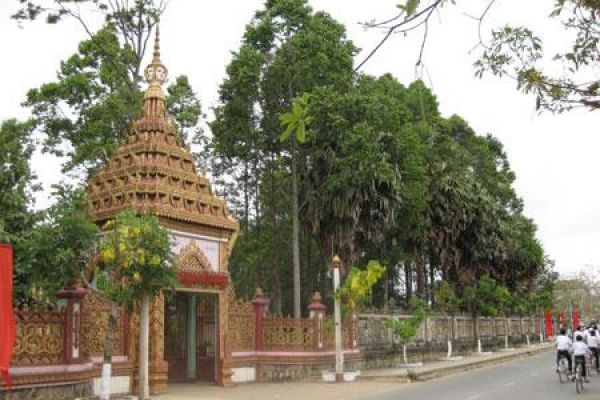

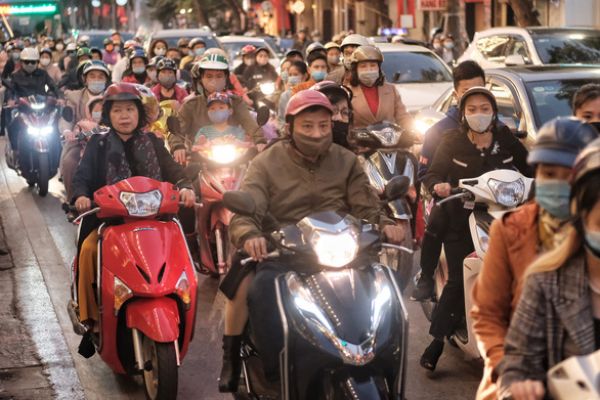
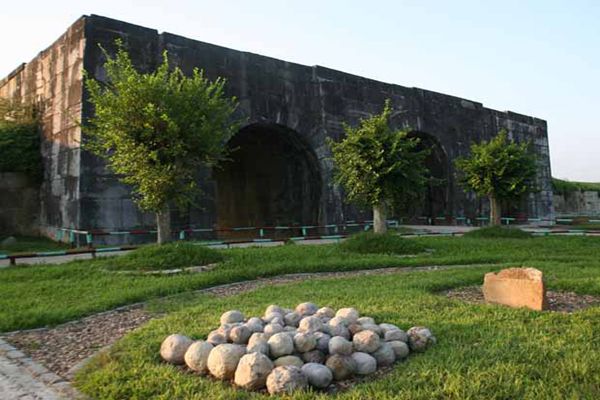
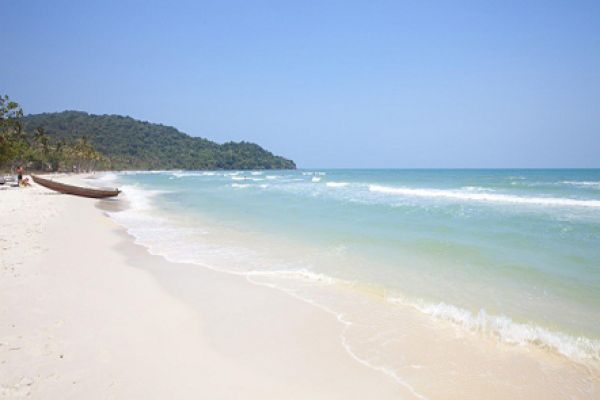
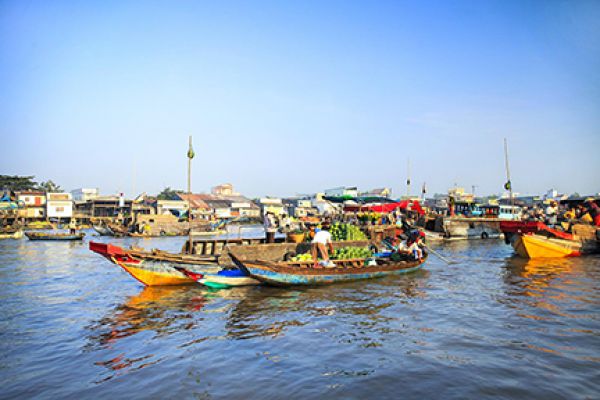

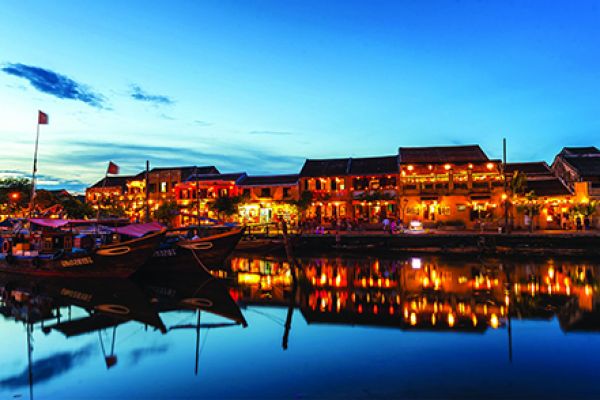
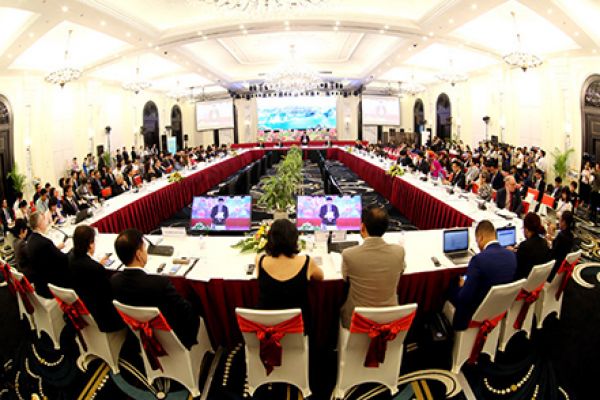
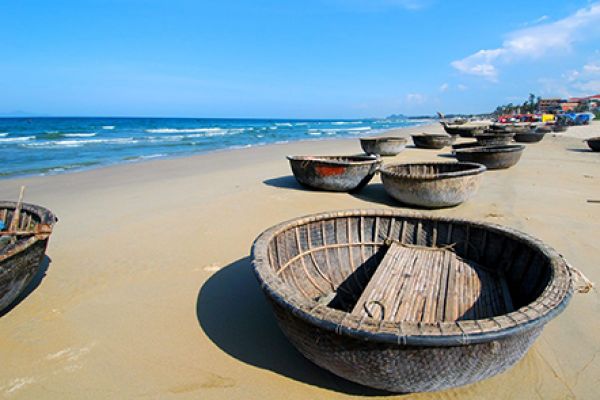

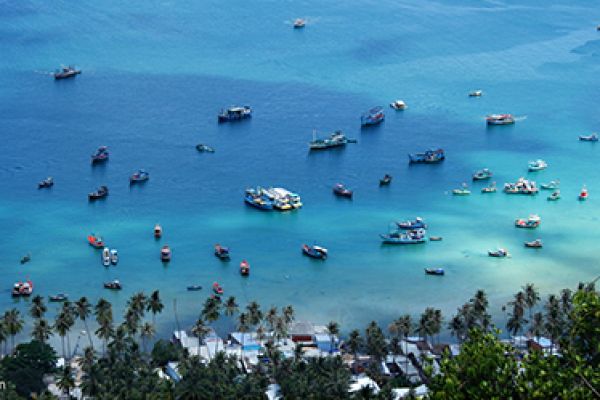





 Tags:
Tags: 